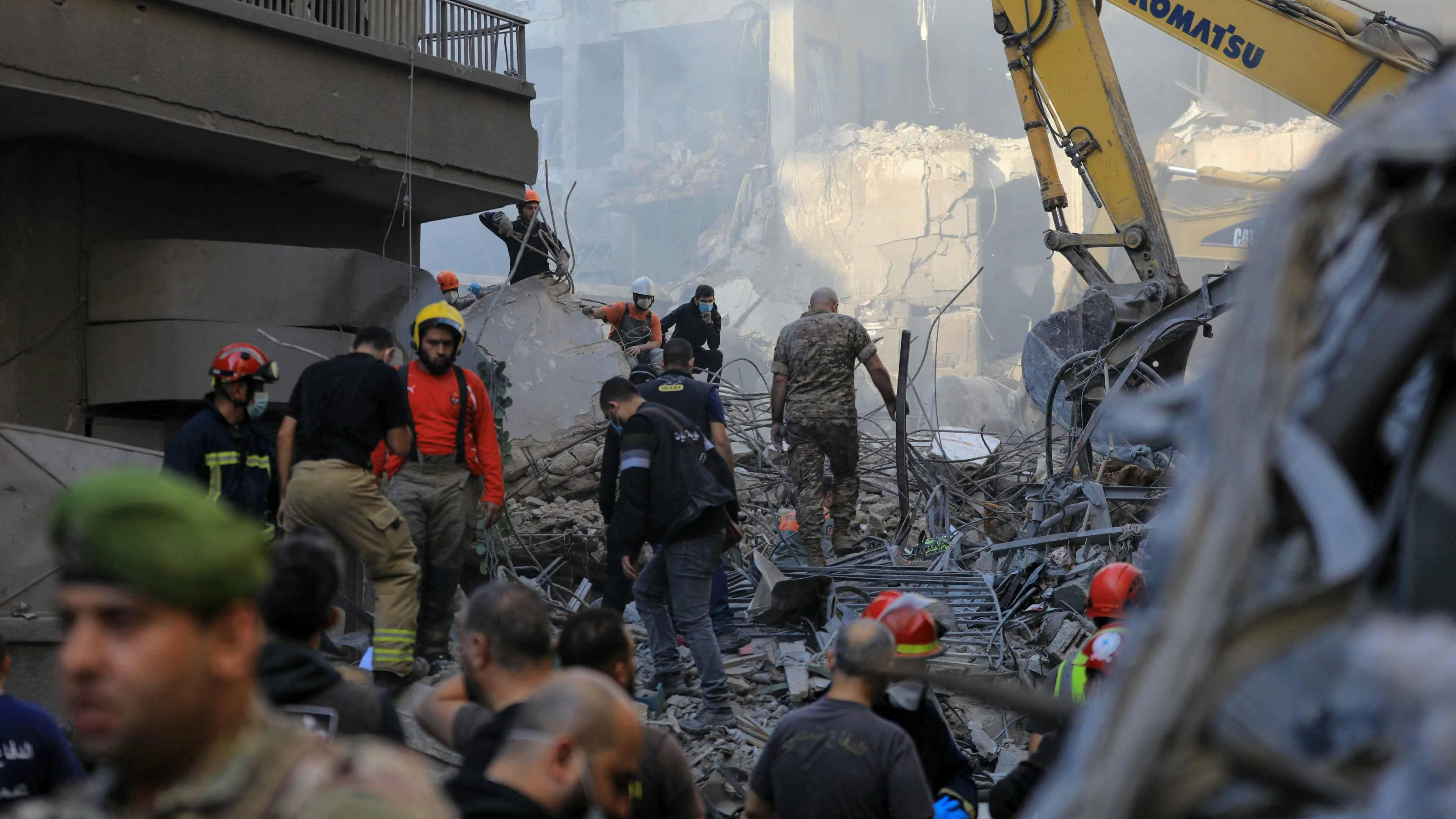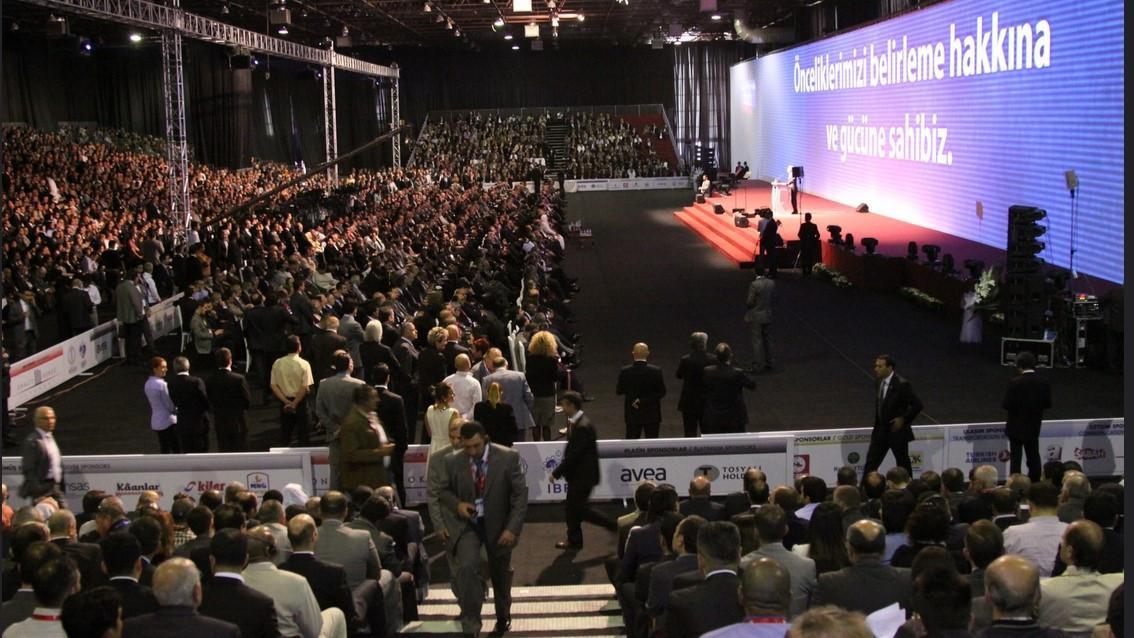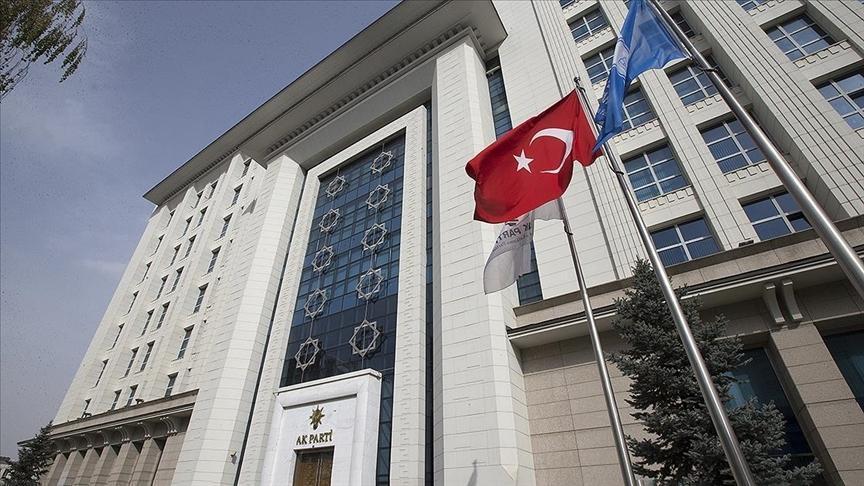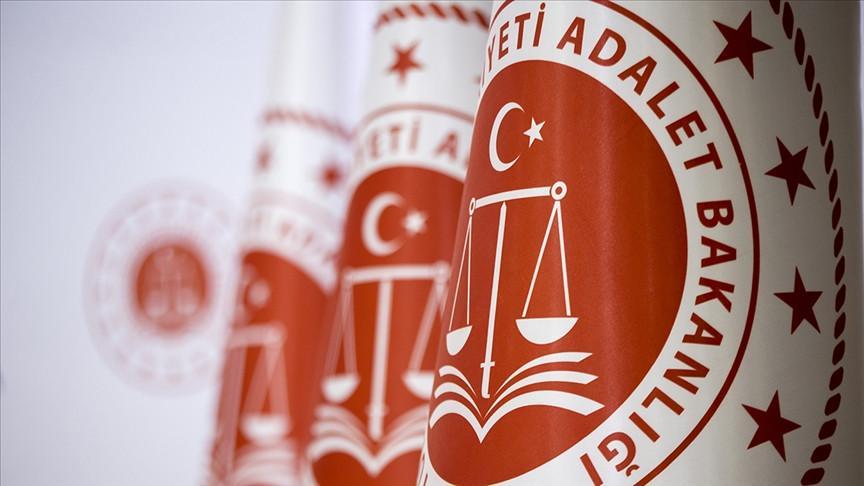Iran, US war over mission site
WASHINGTON / TEHRAN
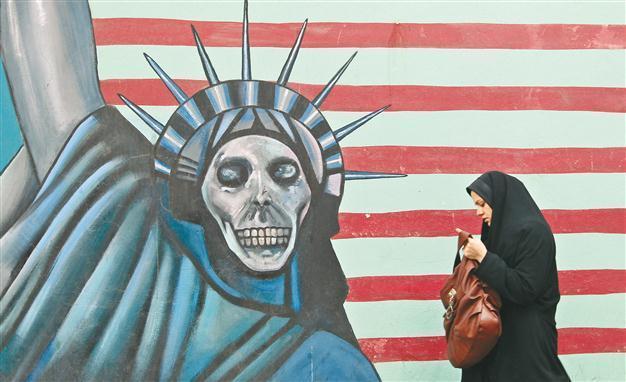
An Iranian woman walks past an anti-US mural painted on the wall of the former US embassy in Tehran in thin file photo. Iran yesterday blocked an Internet website the United States was touting as a virtual embassy. AFP Photo
The United States opened a virtual online embassy Dec. 6 to reach out to Iranians despite the absence of official ties, vowing to break through the Islamic regime’s “electronic curtain.”Iranian authorities have already voiced anger over the virtual embassy, accusing the United States of seeking to interfere in the country after Secretary of State Hillary Clinton announced plans for the project in October.
Ali Larijani, the speaker of Iran’s parliament, said in October that the virtual U.S. embassy would fail, calling the plans for the project “a sign of political shortcomings” on the part of the United States. The virtual embassy, accessible at http://iran.usembassy.gov, offers U.S. policy statements in English and Farsi, information on U.S. visas, news from US-funded Voice of America and links to share views via social media. Earlier this year, the State Department launched a Farsi-language Twitter account and Facebook page aimed at providing news to Iranians about U.S. government policies and encouraging feedback. The virtual embassy is intended to compliment the social media sites.
In a welcome message on the website, Clinton voiced hope that the platform would provide a way for Americans and Iranians to communicate “openly and without fear.” “Because the United States and Iran do not have diplomatic relations, we have missed some important opportunities for dialogue with you, the citizens of Iran,” she said in a video message.
“But today, we can use new technologies to bridge that gap and promote greater understanding between our two countries, and the peoples of each country, which is why we established this virtual embassy,” she said. U.S. officials invested in the website in hopes that it could withstand a cyber-attack, or at least be quickly put back online if it is taken down.
State Department number three Wendy Sherman, introducing the website at a Washington news conference, said that the United States was seeking dialogue with ordinary Iranians despite “very strong differences” with the government. “The regime has tried to impose an electronic curtain by disrupting cell phones, the Internet and social media,” said Sherman, the under secretary of state for political affairs.
Pledge for better protection
The virtual embassy will allow Iranians to start applications for visas to the United States. But Iranians will still need to go overseas, typically to Turkey or the United Arab Emirates, to obtain visas. The United States and Iran have not had diplomatic relations since the aftermath of the 1979 Islamic revolution, when protesters ousted the pro-Western shah and later seized the US embassy in Tehran.
Hundreds of protesters last week trashed the British embassy and a second British diplomatic compound in Iran, triggering strong international condemnation. Iran’s leaders tried to distance themselves from the attack.
Meanwhile, Iran promised to provide better protection in future for diplomats and said there would be no repeat of the storming of the British embassy last week, which has damaged its already strained ties with Europe. Asked in an interview if Iran could guarantee that diplomats will be better protected in future, Foreign Minister Ali Akbar Salehi said: “Yes, this experience has immunised us against these kinds of illegal actions. This won’t happen again.”
In the interview, published Dec. 6 in the German daily Frankfurter Allgemeine Zeitung, he denied that the government was behind the embassy storming: “Why would we support such a thing?” he asked. He said he had expressed regret in a phone call with British Foreign Secretary William Hague. “But I also explained the reasons of the attack to him,” Salehi said. “Britons angered the Iranian people with their stance.”
Compiled from AFP, AP and Reuters stories by the Daily News staff.


